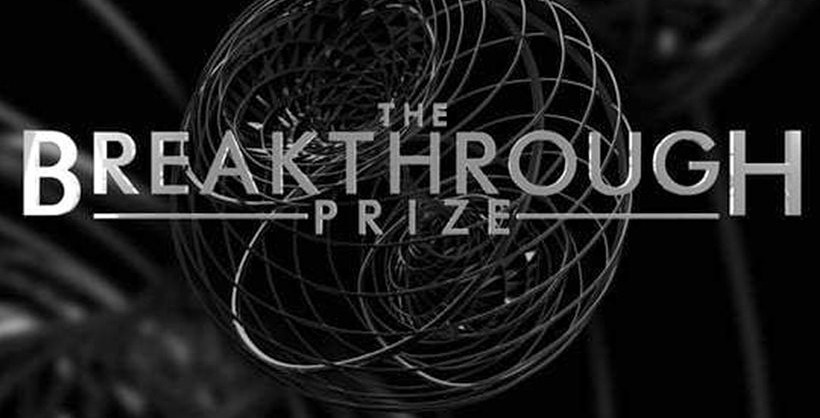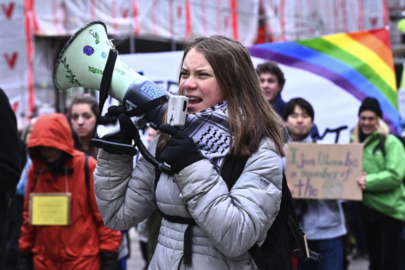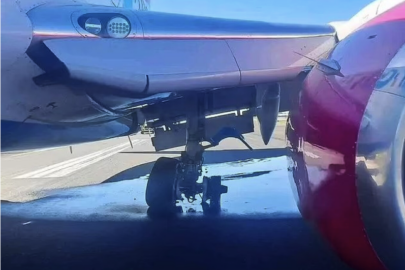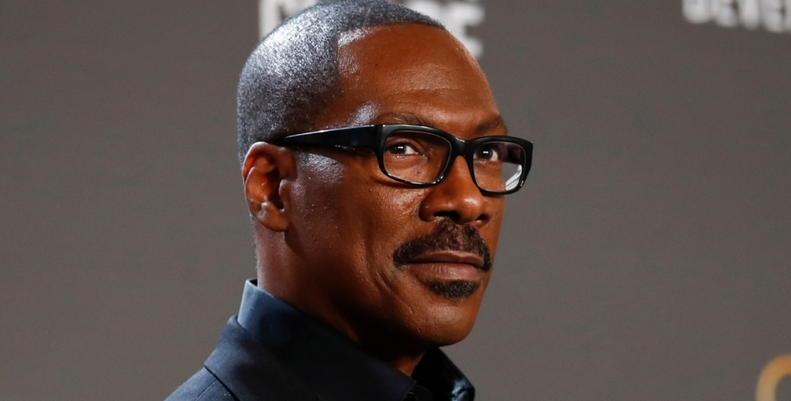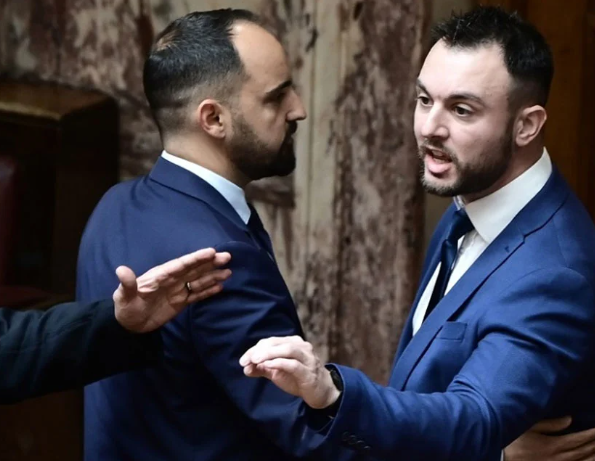Maps of the infant universe and understanding the proteins involved in neurological disease are among the scientific achievements honoured by this year’s Breakthrough Prizes in fundamental physics, life sciences, and mathematics.
Announced Sunday and presented during a star-studded award ceremony at NASA’s Ames Research Center, the Breakthrough Prizes bestow $3 million upon the winners. It’s the largest purse offered in the world of science prizes.
“Science is not merely a topic in a textbook,” actor Morgan Freeman said during the award ceremony. “Science is a way of thinking …powerful, but fragile.”
That prize money comes with no strings attached, and while not everyone is sure what they’ll do with it, at least one of this year’s winners—Joanne Chory—has a plan.
Chory studies plants, and if you know anything about ecology and how life on Earth works, it’s that these primary producers are crucial for our survival. Without them, we wouldn’t exist. And as the planet’s climate warms, both plants and people are going to suffer.
But plants, Chory suggests, could salve some of the damage people are doing.
Nearly three decades ago, she started piecing together the biochemical pathways that govern how plants respond to sunlight. Scientists knew that photons striking a plant’s leaves triggered a cascade that ultimately resulted in sugar production, but no one knew exactly how that trigger worked. By studying a bunch of mutant plants—of the species Arabidopsis thaliana—Chory identified which genes are responsible for that process, and for a plant’s remarkable flexibility.
“Plants are rooted in the ground, they have to constantly adapt their growth, their sizes and shapes to an ever-changing environment, and they’re doing that because they want to optimize photosynthesis,” she says.
This year’s winners are also studded with scientists whose lives have been adventurous outside of the lab.
One of them, Oxford University’s Kim Nasmyth, borrowed some inspiration from his exploits in the mountains. Nasmyth’s prize is for figuring out how the DNA packed into cells is faithfully replicated and separated when cells divide into two—which is crucial for preventing such problems as cancer and chromosomal abnormalities.
And Lyman Page, a Princeton University physicist, has not only sailed figuratively through the cosmos—he’s an architect of the prize-winning project that mapped the early universe—he has also sailed the seas on Earth.
more at: nationalgeographic.com

